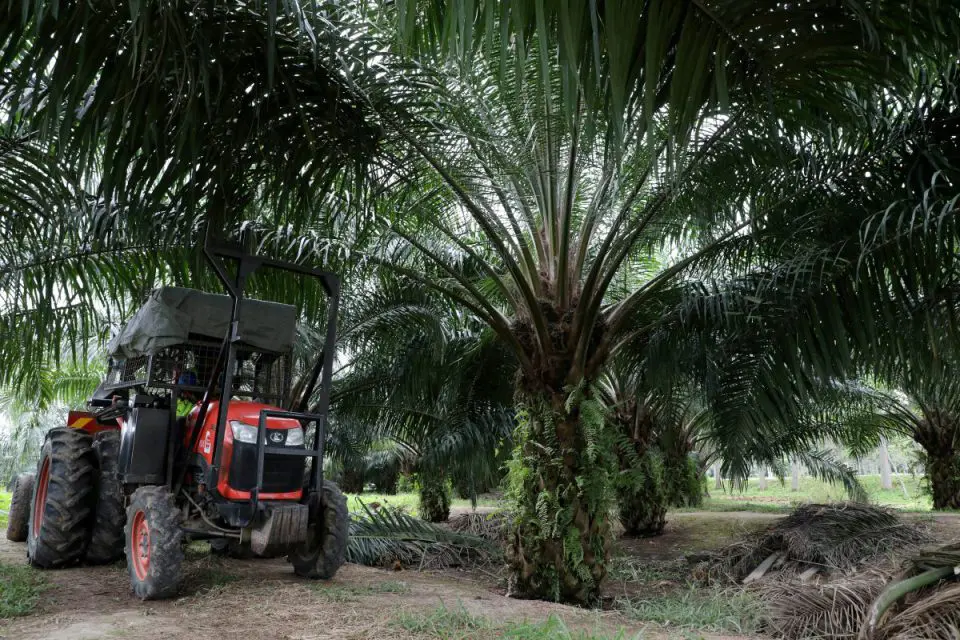KUALA LUMPUR, Feb 27 — Stakeholders in the plantation and commodity sectors are urged to forge better ties and collaboration in terms of research and development (R&D) to increase yield quality and products, in line with international market standards.
Deputy Prime Minister Datuk Seri Fadillah Yusof, who is also the Plantation and Commodities Minister, said the initiative requires the involvement of all stakeholders to increase the quality of downstream activities, which, in the long run, would improve revenue.
“By upgrading the quality of our end products, it would provide more edge for us in the market as raw commodity prices are volatile to many circumstances and global pressures,” he told Bernama recently.
Besides focusing on improving the R&D segment, Fadillah also said the ministry is focusing on its sustainability certificates such as the Malaysian Sustainable Palm Oil (MSPO) Certification Scheme, which we want the world to recognise, especially by the United Nations (UN) and the European Union (EU).
“Once it is recognised, hopefully by the end of this year… only then we can address the negative campaign against our palm oil products effectively,” he said.
At this stage, Fadillah said a dedicated team is being formed, and when it has gathered experts on board, together with its counterparts in Indonesia, plans to go to Brussels to present both countries’ stand on sustainability, regulations and policies to the EU Parliament.
Thailand is also expected to join the pact, making the case presentation stronger to the EU.
The minister noted that currently only the Roundtable on Sustainable Palm Oil (RSPO) certification is recognised.
RSPO is the main certification standard for the use of palm oil and its fractions in food and oleo-chemicals. However, only 20 per cent of palm oil worldwide is RSPO certified.
The MSPO certification to date has reached 97.93 per cent, or 5.62 million hectares, of planted areas, while about 98.71 per cent or 458 mills in the country have also been certified.
On the other hand, to strengthen the industry as a whole, Fadillah said the government would continue to initiate better policies while assisting industry players to overcome negative campaigns and trade barriers such as those imposed by the EU.
“We believe that for any new regulation introduced by the EU, for example, they must engage with us (the government and industry players) and hold joint discussions, and hear our say so that it will not be regarded as discriminatory against us,” he said.
On the issue of foreign labour shortage, the government, through the Human Resource Ministry, has aimed to resolve the issue within three months through the Foreign Worker Recruitment Relaxation Plan.
“The processes in our country are now moving quickly but the source country is where the issue will be, whether they can supply workers or not, and this is also depending on the respective source countries’ processes and procedures,” Fadillah said.
— Bernama





